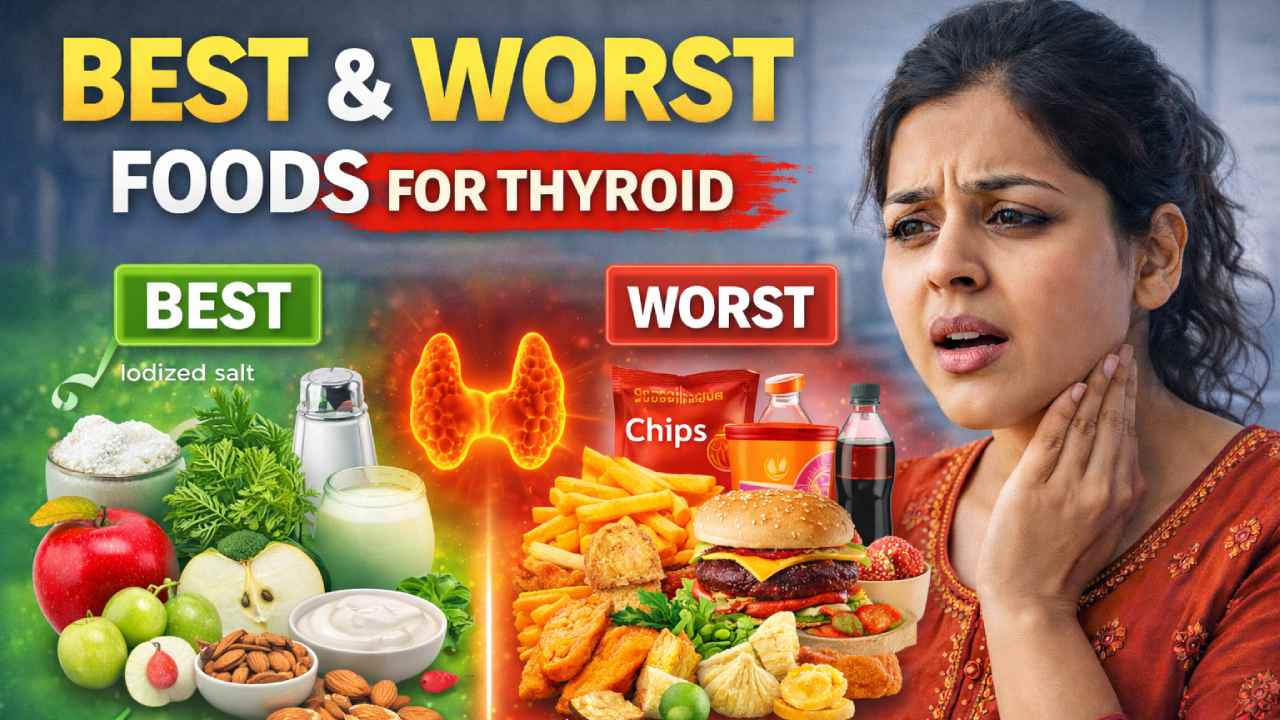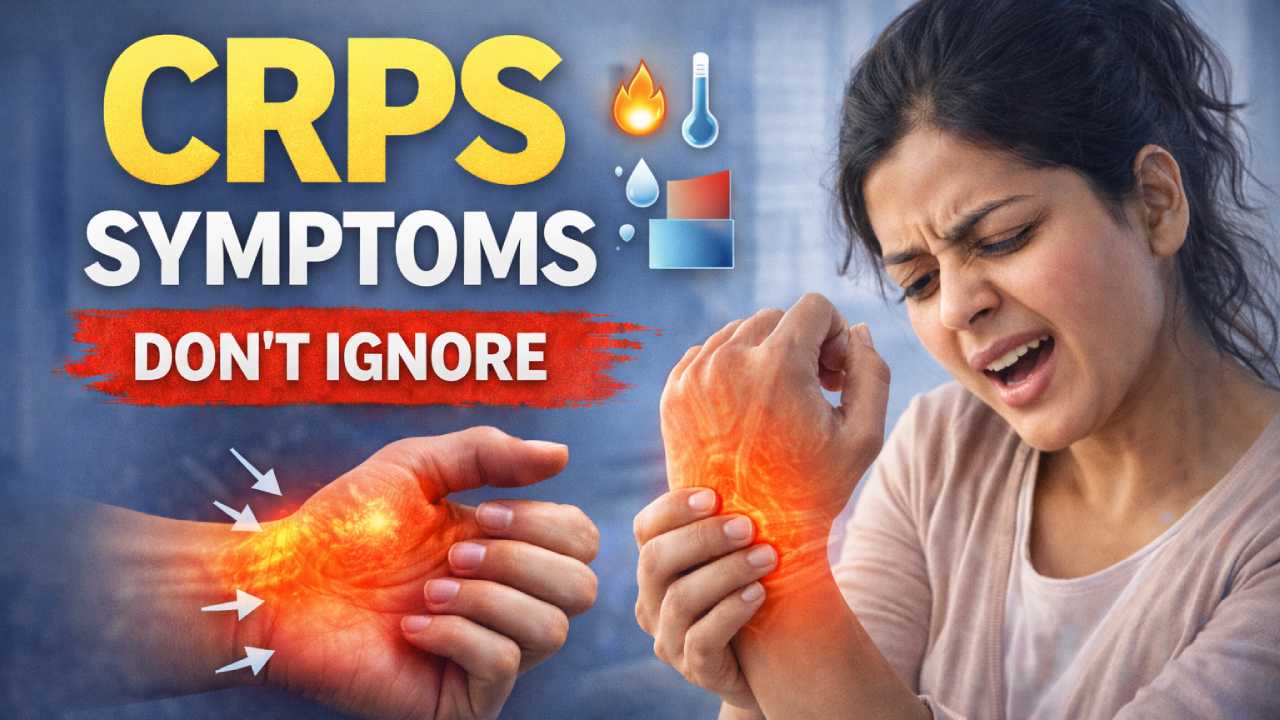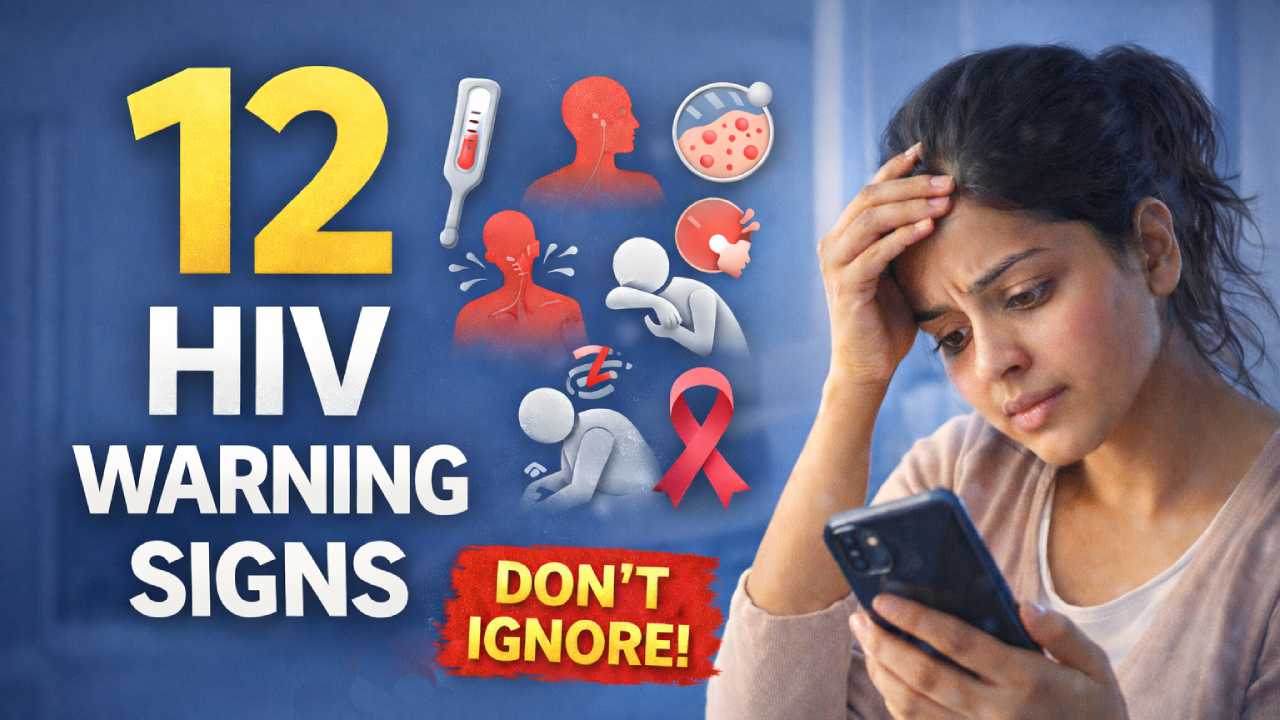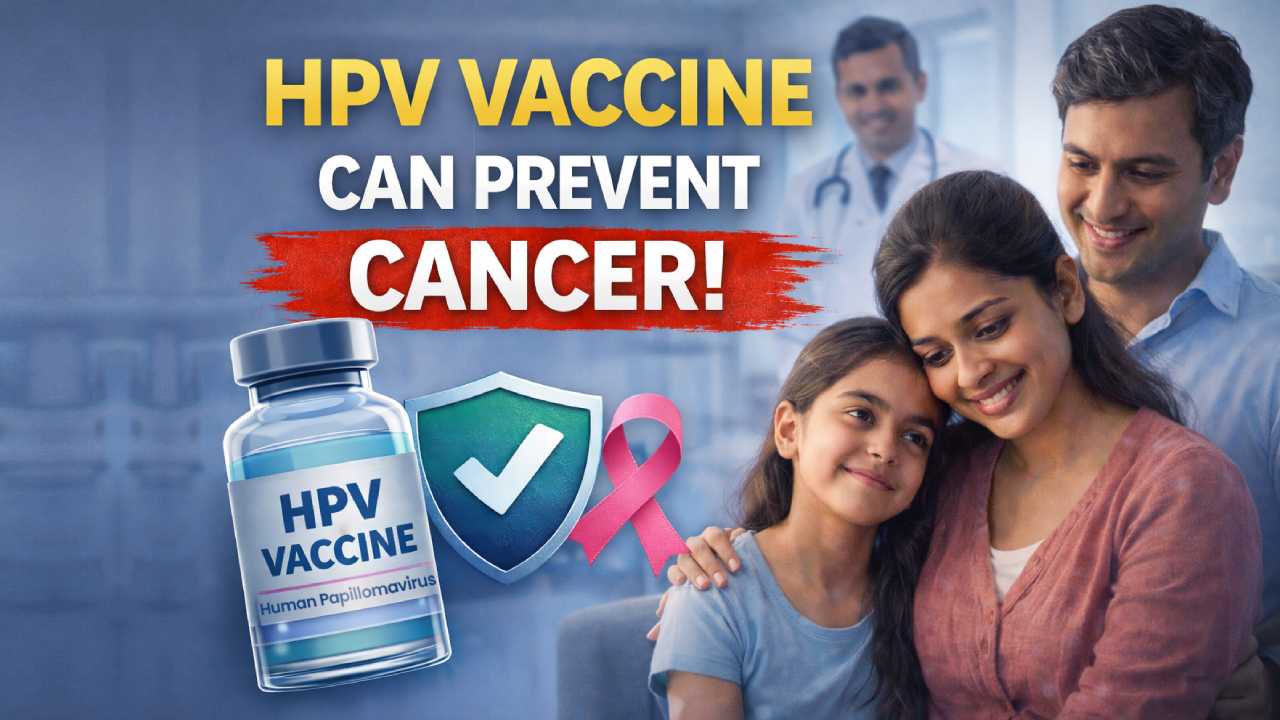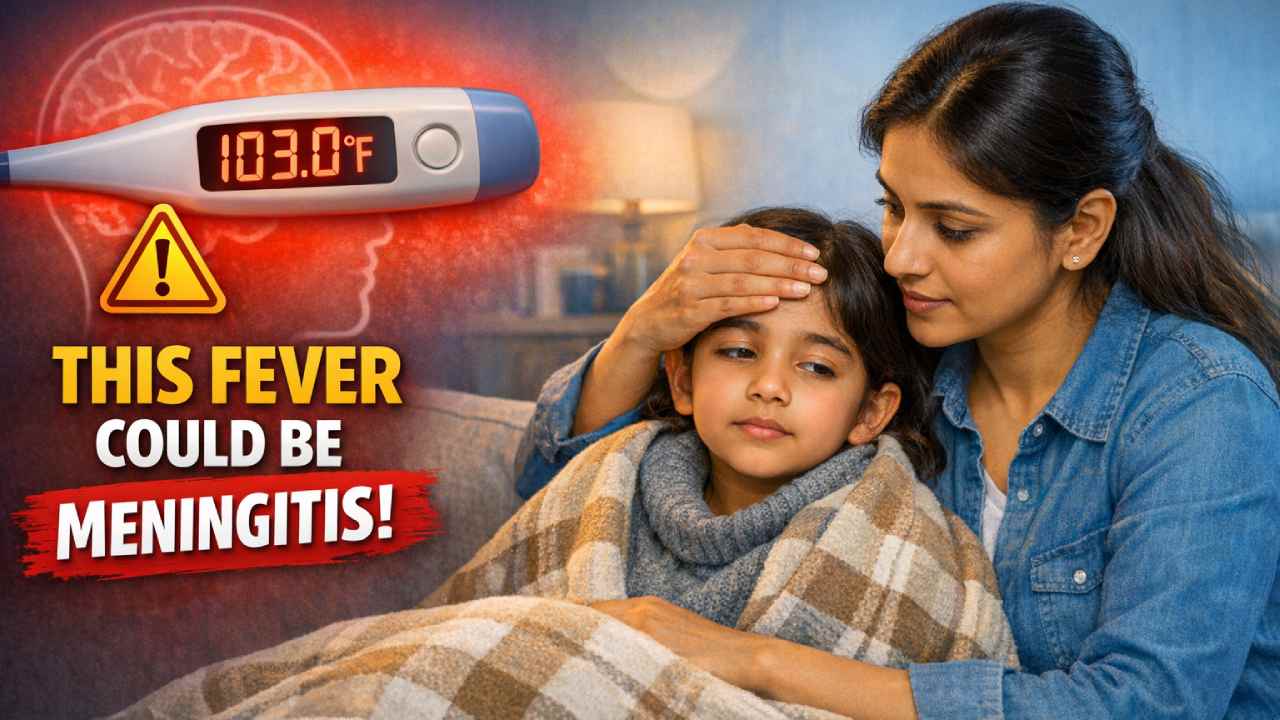The Hidden Danger in Your Kitchen: How Ultra-Processed Foods Are Fueling India's Chronic Disease Epidemic
Verified By Dr. Sanjay Mahajan | 22-Nov-2025
We all know the scene. A busy evening after a long day, and the easiest option for dinner is a packet of instant noodles. A quick trip to the store ends with biscuits and a carton of juice in the basket for the kids’ tiffin. These convenient, tasty, and readily available foods have become a staple in modern Indian households. But what if this convenience is silently chipping away at our health?
A recent, alarming report highlighted in The Lancet Regional Health – Southeast Asia journal has confirmed what doctors have been warning about for years: the dramatic rise in the consumption of ultra-processed foods (UPFs) is directly linked to India's growing burden of chronic diseases like diabetes, heart conditions, and obesity.
The convenience is tempting, but the long-term cost is far too high. This article will break down what these foods are, how they are harming us, and offer practical, doctor-approved advice on how to protect your family’s health.
Table of Content
The term "processed food" can be confusing. After all, even making paneer or bread at home is a form of processing. However, UPFs are in a different league altogether.
"It's crucial for people to understand the difference," says Dr. Sanjay Mahajan, a Sr. Consultant in Internal Medicine at Kailash Hospital. "Minimally processed foods are things like dals, rice, or frozen vegetables. Processed foods might have a few ingredients added, like salt or oil, such as canned chickpeas or plain bread. Ultra-processed foods, however, are industrial formulations. They are not real food. They are made from substances extracted from foods and often contain a long list of additives like artificial colours, flavours, and emulsifiers that you wouldn't find in a home kitchen."
Common UPFs in Indian Kitchens:
- Packaged chips and namkeens
- Sweet biscuits and cookies
- Instant noodles and soups
- Sugary breakfast cereals
- Packaged fruit juices and sweetened drinks
- Frozen and ready-to-eat meals (pizzas, nuggets)
- Mass-produced breads and buns
Think of it this way: if the ingredient list is long and full of chemical-sounding names, it's likely a UPF.
Also read: Fighting Air Pollution with Smart Food Choices
The study published in The Lancet is a wake-up call. It found that sales of UPFs in India have skyrocketed, and this trend is mirroring the explosion in non-communicable diseases (NCDs). The research paints a grim picture: these factory-made products are replacing traditional, healthier Indian diets, especially among younger generations and in urban areas.
Dr. Sanjay Mahajan adds, "We are seeing the consequences of this dietary shift in our clinics every single day. Younger patients are presenting with high blood pressure, type 2 diabetes, and high cholesterol—conditions that were once associated with old age. The findings from The Lancet are not just statistics; they represent a real, ongoing public health crisis."
Why are these foods so uniquely damaging? It’s a combination of factors that create a perfect storm for chronic disease.
The Heart of the Matter: A Threat to Your Cardiovascular Health
Heart disease remains the leading cause of death in India. UPFs contribute significantly to this by being loaded with three key culprits: excessive salt, unhealthy fats, and sugar.
"The high sodium content in packaged snacks and meals directly leads to high blood pressure, or hypertension, a major risk factor for heart attacks and strokes," explains Dr. (Prof.) D. S. Gambhir, Group Director – Cardiology at Kailash Hospital. "Furthermore, many of these products contain trans fats and saturated fats that increase bad cholesterol (LDL) levels, leading to the clogging of arteries. For anyone seeking a cardiologist near Noida, understanding this fundamental link between diet and heart health is the first and most critical step towards prevention."
Dr. Gambhir further cautions, "The inflammatory nature of these foods, caused by artificial additives and high sugar content, puts constant stress on the blood vessels, further increasing cardiovascular risk."
The Diabetes Connection: On a Collision Course with Insulin Resistance
India is often called the diabetes capital of the world, and our love for UPFs is a major reason why. These foods are typically high in refined carbohydrates and added sugars, but low in fibre.
"When you consume a sugary drink or a packet of biscuits, your blood sugar spikes rapidly," states Dr. Ashish Saini, Consultant in Endocrinology & Diabetes at Kailash Hospital. "Your pancreas then works overtime to produce insulin to manage this sugar. Over time, with repeated spikes, your body's cells can become resistant to insulin's effects. This is the very definition of insulin resistance, the precursor to type 2 diabetes."
As perhaps the best endocrinologist in Noida, Dr. Saini often sees the direct consequences. "Patients are often shocked to learn that their 'harmless' evening snack of packaged bhujia and a sweet drink is a primary driver of their uncontrolled blood sugar. These foods are designed to be hyper-palatable, making you eat more than you should and disrupting your body's natural appetite signals."
Knowing the danger is one thing; acting on it is another. The good news is that making small, consistent changes can have a huge impact. Here’s how you can start:
- Become a Label Detective: Before you put anything in your cart, turn the package over. If the ingredient list is longer than five or six items and includes things like 'high-fructose corn syrup,' 'hydrogenated oils,' or numbers you don't recognize, it’s best to leave it on the shelf.
- Master the Art of the Smart Swap: You don’t have to deprive yourself. Just choose healthier alternatives.
- Instead of packaged fruit juice, opt for a whole fresh fruit or a glass of fresh nimbu pani (lemonade without sugar).
- Instead of instant noodles, make a quick batch of poha, upma, or vermicelli with lots of vegetables.
- Instead of sugary biscuits, snack on roasted chana, a handful of nuts, or makhana (fox nuts).
- Instead of potato chips, try homemade baked sweet potato wedges or kale chips.
- Cook More, Pack Less: The single most effective way to cut down on UPFs is to cook at home. Even simple meals like dal-chawal or khichdi are nutritionally far superior to any ready-to-eat meal. Plan your meals for the week to avoid last-minute decisions that lead to ordering in or opening a packet.
- Rethink Your Drinks: Sugary sodas, energy drinks, and packaged iced teas are liquid calories that offer zero nutritional value. Make water your primary beverage. Other great options include coconut water, buttermilk (chaas), and unsweetened herbal teas.
Also read: Your "Healthy" Breakfast is a Lie. Here's What a Top Dietitian Says to Eat Instead
Reducing your reliance on ultra-processed foods is a journey. You don’t have to eliminate everything overnight. Start by making one smart swap this week. Next week, try another.
"The goal is to shift the balance," concludes Dr. Sanjay Mahajan. "By focusing on whole, natural foods that our grandparents would recognize, we can take back control of our health. Every home-cooked meal, every fresh fruit chosen over a packaged snack, is a powerful step towards a healthier, disease-free future for you and your family."
The evidence is clear. The choice is ours to make. Let's choose health.
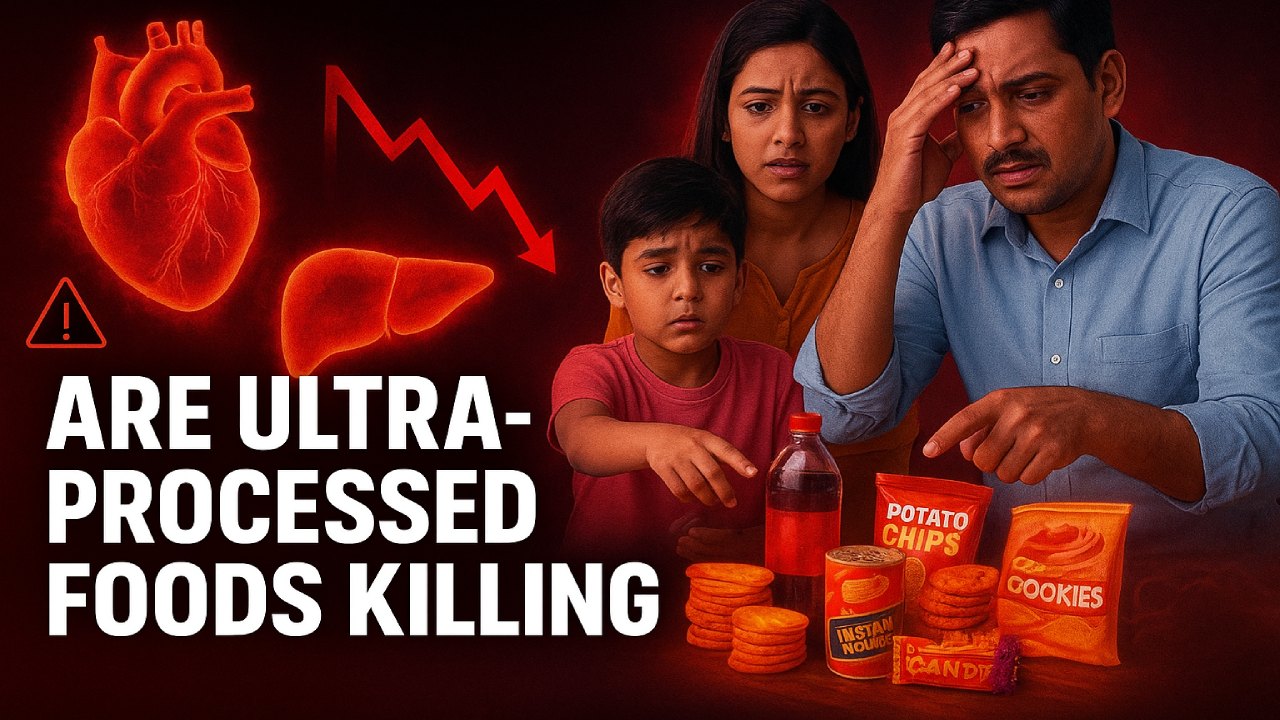


 +91-9711918451
+91-9711918451
 international.marketing@kailashhealthcare.com
international.marketing@kailashhealthcare.com

